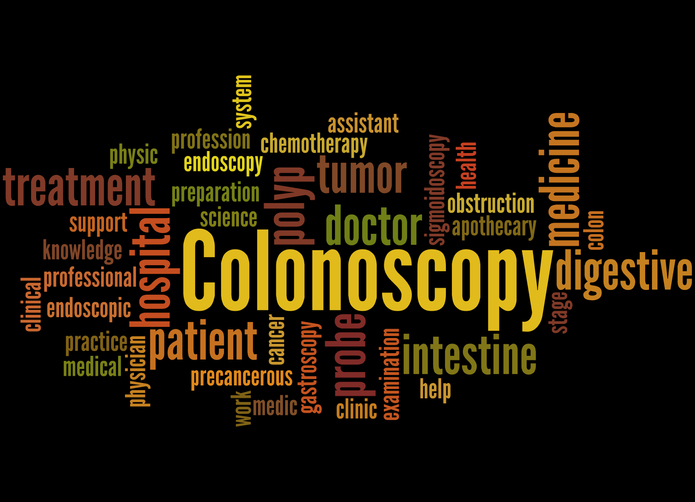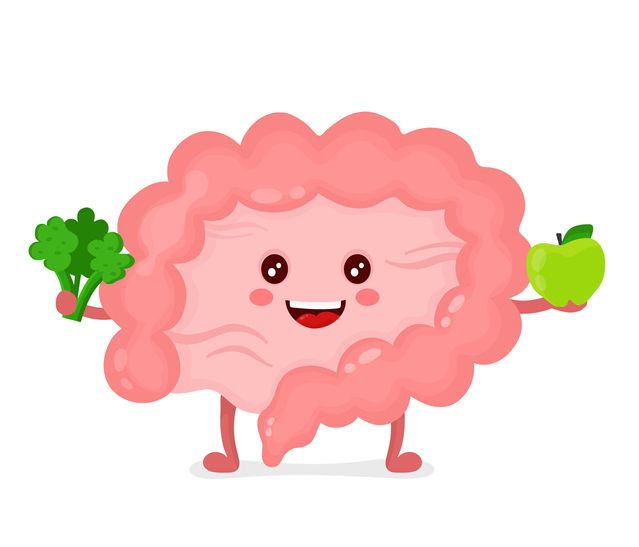Easier Prep Means One Less Reason to Delay Your Colonoscopy

By Joy Stephenson-Laws, JD, Founder
A colonoscopy is an outpatient procedure in which the inside of the large intestine is examined to look for abnormalities such as rectal and intestinal bleeding, polyps (abnormal tissue growths) and, most importantly, cancer. The procedure is an important tool in protecting health. A study from the Veterans Affairs health system, for example, found that colonoscopy was associated with a 61 percent reduction in colorectal cancer mortality.
While the procedure itself is painless (you will usually be sedated to avoid any discomfort) and takes less than one hour, the biggest complaint people usually have – and the one they often use as a reason to avoid or postpone a colonoscopy – is what is known as bowel prep. At the risk of being graphic, since your bowels need to be empty for a successful examination, the traditional method is to consume a liquid diet and take a combination of laxatives the day before the procedure. The laxative concoctions are not necessarily the most palatable, and spending hours in the bathroom is not the most fun way to spend time. What makes it worse is that if the bowel prep is not done correctly, the colonoscopy will need to be rescheduled and the bowel prep done all over again. So, it’s no wonder people tend to put it off for as long as possible.
The good news is that this reason for delaying the procedure may soon be irrelevant, thanks to what is known as colonic irrigation (also known as colon hydrotherapy). With this FDA-approved approach to bowel prep, instead of laxatives, purified warm water is used to gently clean out the bowel by carrying waste out of the body. The procedure continues until the colon is emptied of all waste.
The process has improved.
The procedure is done in conjunction with and right before the colonoscopy. So, the colonoscopy becomes a two-step process – first bowel prep with colonic irrigation immediately followed by the colonoscopy. You still will need to do a liquid diet combined with a gentle laxative the day before. The process, which takes about one hour, has been shown to be effective and well-tolerated by patients.
Colonic irrigation offers several benefits over the traditional oral laxative method of bowel prep for a colonoscopy. In addition to producing cleansing results comparable to oral methods, it has fewer side effects and enjoys high levels of patient satisfaction. Patients, for example, do not have to ingest copious amounts of solution which usually has an unpleasant taste and do not have to endure hours of bowel movements. In fact, satisfaction is so high that many patients report that if given the choice between the traditional bowel prep or having colonic irrigation as part of the colonoscopy procedure, they would choose the irrigation prep.

Another benefit of colonic irrigation for bowel prep is that it can be used with patients who cannot tolerate or who are not good candidates for oral prep methods. These include patients classified as obese, who have irritable bowel disease (who have more frequent colonoscopies), are hypertensive, are diabetic, or take certain antidepressants. As with any medical procedure, there may be unwanted side effects with colonic irrigation. These include nausea, cramping, and vomiting.
Independent of which bowl prep method you and your healthcare provider decide is best for you, it’s always important to be doing all you can to keep your colon healthy. As with many things we can do to be proactive with our health, these are focused on lifestyle and diet. For example, smoking, a sedentary lifestyle, and heavy alcohol consumption have all been linked to an increase in the risk of developing colon cancer. But perhaps the biggest risk factor of all is a poor-quality diet and obesity.

The American Cancer Society, for example, states that diet, weight, and exercise are the three factors most strongly linked to colorectal cancer. An estimated 50% to 75% of colorectal cancer can be prevented through lifestyle changes like healthy eating, according to the Colon Cancer Foundation.
Here are some eating tips for a healthy colon:
- Include plenty of plant-based foods into your daily diet - whole, nutrient-dense plant foods such as fruits and vegetables not only help control weight but also help reduce inflammation in the body
- Limit your consumption of red meat – target to eat no more than 18 ounces per week (which is about three small servings each the size of a deck of cards)
- Watch your sugar -- sugar promotes inflammation, and a diet high in sugar may cause ulcerative colitis (also sometimes called inflammatory bowel disease (IBD)) and Crohn's disease
- Fiber. Fiber. Fiber! -- if you are eating an unprocessed diet (versus processed) with plenty of veggies and fruits, you are most likely getting plenty of fiber.
- Know how to pick the right grains – go for whole grains and keep mind that packaging at the grocery store which says ‘enriched’ is not a "whole grain" since whole grains do not need to be enriched, because they were never depleted of their nutrients to begin with.
I would also recommend that you talk with your healthcare provider about getting a comprehensive nutrient test to make sure your body is getting the nutrient it needs – and in the right amounts - to keep your colon as healthy as possible.
Enjoy your healthy life!
Disclaimer: This article is not intended to provide medical advice. Please consult with your doctor or another competent healthcare practitioner to get specific medical advice for your situation.
The pH professional health care team includes recognized experts from a variety of health care and related disciplines, including physicians, attorneys, nutritionists, nurses, and certified fitness instructors. This team also includes the members of the pH Medical Advisory Board, which constantly monitors all pH programs, products, and services. To learn more about the pH Medical Advisory Board, click here.







